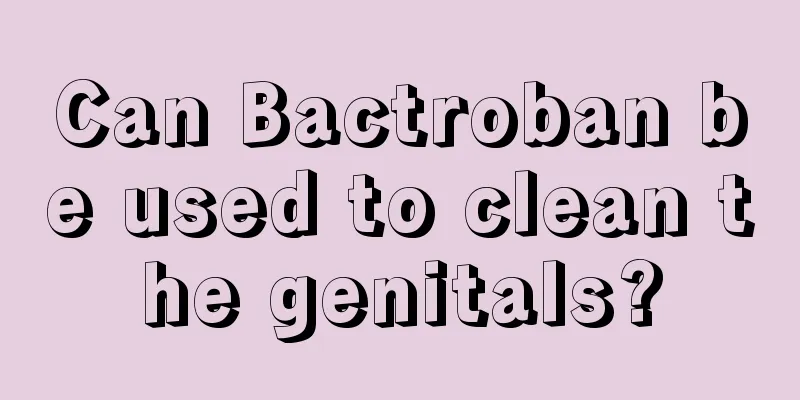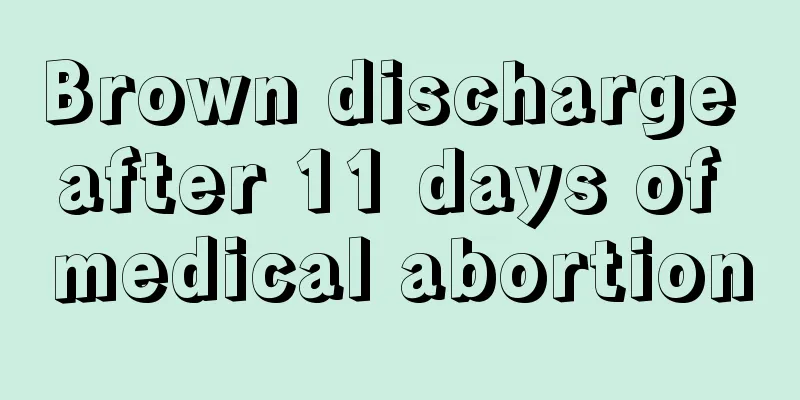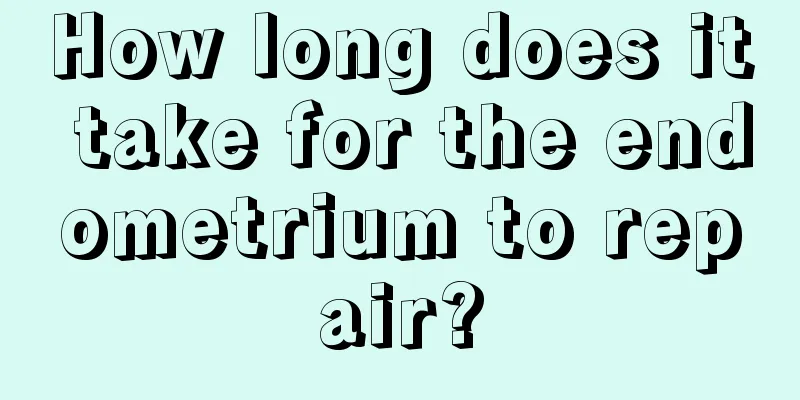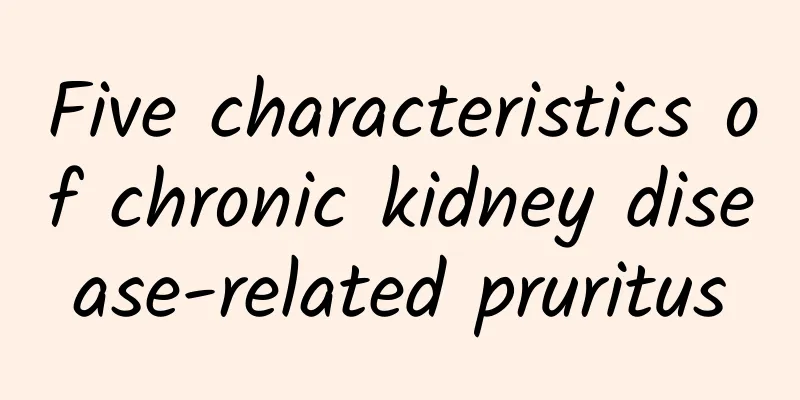Why can't patients with hypertension have their teeth extracted easily?

|
Tooth extraction is a common medical procedure in daily life. Extract supernumerary teeth, wisdom teeth, severely decayed teeth... People of all ages may encounter tooth extraction problems When we talk about tooth extraction, we naturally think of pain, bleeding, and fear. This causes the heart rate to increase, blood pressure to fluctuate, and the burden on the heart to increase. The same is true for ordinary people, so can patients with hypertension still have teeth extracted? Let’s talk about this topic today~ Patients with hypertension should not have their teeth extracted easily Due to high blood pressure, patients with hypertension are at risk for tooth extraction. 1. Bleeding: Because of high blood pressure and changes in blood vessel fragility, it is generally difficult to stop bleeding. However, if there is no bleeding disease, it is rare for bleeding to continue. 2. Syncope: Patients with hypertension, especially the elderly, have reduced vasomotor function and blood pressure regulation mechanism. They may experience collapse or syncope, especially when they are under mental stress. 3. Cardiovascular accidents: If you have hypertension or coronary heart disease, anesthesia or surgical stimulation, coupled with mental stress, may also cause arrhythmia, acute myocardial ischemia and other accidents. Obviously, when extracting teeth for patients with high blood pressure, doctors do have to take risks and do some assessment work. Therefore, if you have high blood pressure, you must tell the doctor the truth before having a tooth extracted, and only have the tooth extracted after the doctor has assessed the blood pressure. What should patients with hypertension do if they want to have a tooth extracted? Doctors say that not all patients with high blood pressure cannot have their teeth extracted. If they are well prepared before tooth extraction, patients with long-term stable blood pressure can have their teeth extracted. Of course, some doctors require patients to have their blood pressure meet the standard before they are willing to extract their teeth, in order to minimize the risk. Patients with high blood pressure should do the following before having their teeth extracted: 1. Preparation before tooth extraction First, avoid mental stress. Stress can cause most people to have high blood pressure and faster heart rate, which seriously affects the safety of surgery. With the development of medical technology, the concept of comfortable oral treatment is being implemented in oral treatment. Oral doctors use behavioral sedation technology combined with painless operation technology to greatly reduce the discomfort during oral treatment. Therefore, patients with hypertension should avoid unnecessary associations to avoid inducing their own fear. If they still have an extreme fear reaction, they can also consider taking sedatives before surgery to help eliminate tension under the guidance of a doctor, so as to facilitate the smooth progress of the operation. Secondly, you can check your blood pressure before the operation. According to the most recent WHO definition of blood pressure, 140/90 mmHg is an abnormal blood pressure; between the two is a critical blood pressure. If it is simple hypertension, in the absence of heart, brain, or kidney complications, tooth extraction is generally well tolerated. In recent years, as people's understanding of the role of multiple risk factors for cardiovascular disease and the protection of heart, brain, and kidney target organs continues to deepen, the diagnostic criteria for hypertension are also constantly adjusting. When facing patients, doctors judge the most appropriate blood pressure range for the patient based on the reference standard and according to their specific situation, and adopt targeted treatment measures. 2. Precautions after tooth extraction l After tooth extraction, you can rest in a semi-recumbent position. Do not take a hot bath immediately to avoid bleeding from the wound. l You can eat liquid or semi-liquid food after 2 hours, and avoid eating hard or overheated food. l Do not do strenuous exercise or heavy physical labor, drink alcohol, play musical instruments, suck on the wound, or rinse your mouth on the day of tooth extraction. l After the anesthetic wears off, there will be a slight pain in the tooth extraction wound, but generally no medication is needed. l If you have fever, severe pain, swelling or heavy bleeding, you should seek medical attention immediately. Doctor's reminder: Hypertensive patients should actively cooperate with the doctor and try to relax when having a tooth extracted. Some elderly hypertensive patients are easily emotional and difficult to control themselves. The doctor will give them an appropriate amount of sedatives before tooth extraction according to the patient's condition. Of course, if you have taken medication recently or for a long time, please tell the doctor truthfully. Elderly patients who have been taking anticoagulants such as aspirin for a long time should stop taking the medicine for two weeks before tooth extraction. It is best to have a blood routine and coagulation test on the day of tooth extraction. In addition, people with high blood pressure or heart problems should not have their teeth extracted easily. If you want to have a tooth extracted, you should tell the doctor before the operation. The doctor will monitor the electrocardiogram and blood pressure to determine whether the tooth can be extracted. |
<<: Why is zucchini bitter? Zucchini trivia
Recommend
Feeling of heaviness in the lower abdomen
For female friends, the symptom of lower abdomina...
Pictures of blood clots falling out during menstruation
Female friends may experience blood clots during ...
Lower abdominal pain towards the end of menstruation
Most women who have had their periods should know...
Female type O hemolytic disease
Some babies will suffer from ABO hemolytic diseas...
What are the consequences of a retroverted uterus?
An anterior uterus will not have any impact on wo...
Why is Xiaomi air conditioner cheaper than Gree? Why is Xiaomi air conditioner cheaper?
Why is Xiaomi air conditioner so cheap? Generally...
How to treat female vitiligo
With the development of modern science and techno...
How to treat thyroid nodules
Thyroid nodules refer to one or more lumps of abn...
Leucorrhea brownish-brown, no pain, no itching
For women, the normality of many gynecological di...
How to regulate endometrial thickness? These four aspects must be achieved
The thickness of a woman's endometrium needs ...
What are the symptoms of bacterial vaginitis
Bacterial vaginitis is also known as bacterial va...
What kind of exercise is suitable for menstruation?
Everyone knows that women feel very uncomfortable...
What to do if leucorrhea is watery
We all know that under normal circumstances, leuc...
Why do women wear underwear?
Why do women wear underwear? This question makes ...









